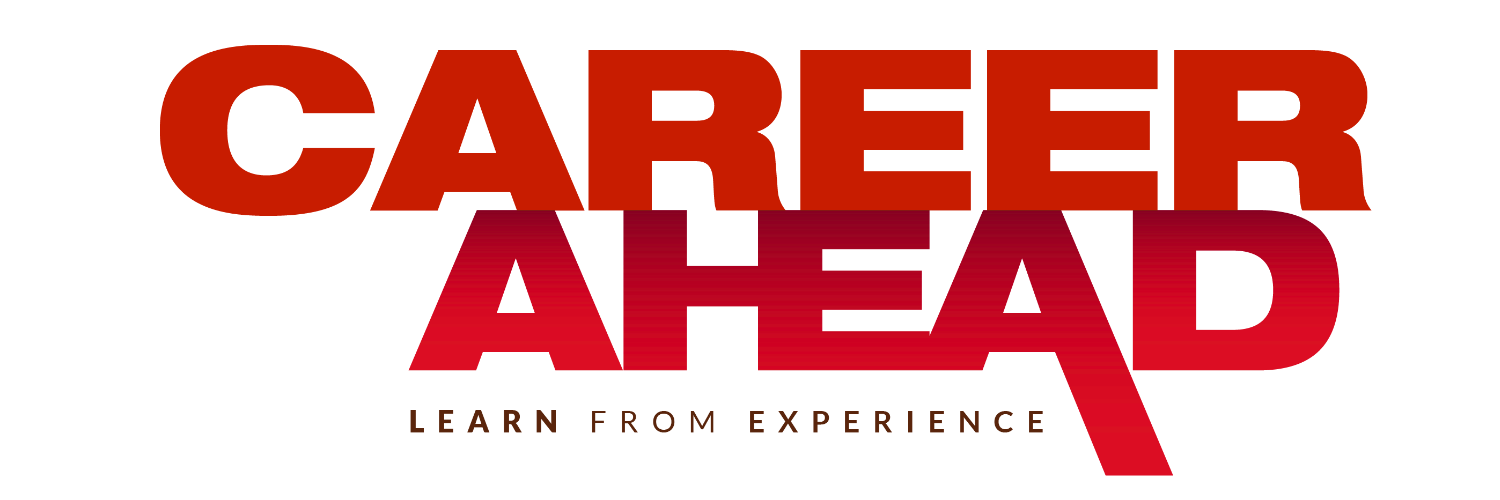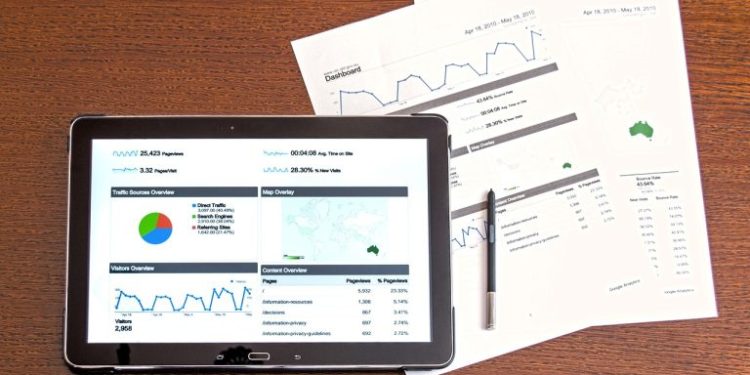No products in the cart.
Choosing a Career in Business Analytics
Explore the world of business analytics careers. From skills to salaries, discover all you need to know to succeed in this dynamic field.
In today’s rapidly changing global business environment, the importance of data-driven decision-making is clearer than ever. As a result, pursuing a career in Business Analytics has become highly attractive. Organizations across the globe are integrating Business Analytics into their strategic growth plans, sparking a heightened demand for skilled professionals. Universities worldwide are responding to this trend by enhancing their curricula, offering thorough education and training to prepare students for a successful career in Business Analytics.
The potential for growth in the data-driven analytics market is staggering. Market Research Future projects that the market will reach a monumental $303.4 billion by 2030, with a remarkable compound annual growth rate of 27.6%. This exponential growth underscores the critical role that data-led decision-making plays in today’s business environment. The Bureau of Labor Statistics further predicts a 25% increase in demand for skilled professionals in Business Analytics by 2030, reflecting the industry’s trajectory towards data-centric operations.
Business Analytics programs offered by universities are designed to align with industry needs, providing students with a curriculum that blends theoretical knowledge with practical skills. These programs equip students with the analytical tools and techniques required to navigate the complexities of modern business operations. Moreover, universities emphasize hands-on learning, allowing students to gain real-world experience with the latest technologies and methodologies used in the industry.
Holistic development is a key focus of Business Analytics education. In addition to technical skills, universities emphasize the importance of soft skills such as communication, leadership, and decision-making. Furthermore, there is a growing emphasis on fostering an entrepreneurial mindset among students, encouraging innovation and creativity in problem-solving.
The future prospects for graduates of Business Analytics programs are promising. Graduates are poised to play a pivotal role in driving the digital transformation of organizations, leveraging data insights to inform strategic decision-making. With the increasing adoption of data analytics across industries, Business Analytics professionals are in high demand, both locally and globally.
As more students recognize the potential of a career in Business Analytics, universities are adapting their programs to keep pace with industry dynamics. These contemporary courses are designed to equip students with the latest skills and knowledge required to thrive in the rapidly evolving field of data analytics.
Skills Required for a Career in Business Analytics
A career in Business Analytics demands a diverse set of skills, encompassing technical proficiency, analytical capabilities, and business acumen. Analytical skills are essential for interpreting and analyzing data to derive actionable insights. Statistical knowledge is crucial for conducting data analysis and making informed decisions based on data trends.
Proficiency in programming languages such as Python, SQL, and SAS is essential for data manipulation and analysis. Additionally, familiarity with machine learning algorithms and predictive modeling techniques is valuable for leveraging data to forecast future trends and outcomes.
Effective communication skills are vital for conveying complex analytical findings to non-technical stakeholders and facilitating collaboration across teams. Strong leadership and decision-making skills are also necessary for driving organizational change and implementing data-driven strategies.

Job Roles and Responsibilities
Professionals in Business Analytics fulfill a variety of roles, each with its own set of responsibilities and requirements. Some common job roles in the field of Business Analytics include:
- Business Analyst: Responsible for analyzing business processes and identifying areas for improvement to enhance organizational efficiency.
- Data Scientist: Utilizes advanced analytics and machine learning techniques to extract insights from large datasets and develop predictive models.
- Business Intelligence Analyst: Collects and analyzes data to provide actionable insights that inform strategic decision-making.
- Data Architect: Designs and manages the structure and storage of data to ensure accessibility and usability for analytical purposes.
- Operations Research Analyst: Applies mathematical modeling and optimization techniques to solve complex business problems and improve operational processes.
- Market Research Analyst: Conducts research and analyzes market data to identify trends, opportunities, and threats that may impact business performance.
- Consultant: Provides expert advice and guidance on data-driven strategies and solutions to help organizations achieve their business objectives.
- Financial Analyst: Analyzes financial data and trends to support decision-making and strategic planning within organizations.
- Computer Systems Analyst: Evaluates and designs computer systems and processes to meet the data management and analysis needs of organizations.
Salary Potential and Job Market Trends
The salary potential for professionals in Business Analytics varies depending on factors such as experience, education, and geographic location. According to a report by Analytics India Magazine, professionals working in large companies with more than 10,000 employees earn an average salary of INR 16.8 lakhs per annum, while those in medium-sized companies with 1,000-10,000 employees earn an average salary of INR 11.5 lakhs per annum. Professionals in small companies with less than 1,000 employees earn an average salary of INR 8.7 lakhs per annum.
Salaries for Business Analytics professionals can range from entry-level positions earning an average salary of INR 8 to 10 lakhs per annum to senior managerial roles earning INR 30 lakhs per annum and more. The job market for Business Analytics professionals is robust, with opportunities available across industries and sectors.
With strong academic and industry relevant training, I landed my first work-role as an Associate Consultant in Strategy and Operations Practice at Wells Advisory in Melbourne
Tushita Sharma, International student of Business Analytics at Deakin University, Australia
Impactful Industries
Business Analytics professionals are in high demand across a wide range of industries. Some sectors where Business Analytics is particularly impactful include:
- Financial Technology (FinTech): Leveraging data analytics to optimize financial services and products.
- Retail and E-commerce: Analyzing consumer behavior and market trends to drive sales and marketing strategies.
- Travel and Tourism: Utilizing data insights to personalize customer experiences and enhance service offerings.
- Manufacturing: Optimizing supply chain operations and production processes through data-driven decision-making.
- Government: Informing policy decisions and public service delivery through data analysis and forecasting.
Certifications and Additional Qualifications
Obtaining certifications can enhance the credentials of Business Analytics professionals and increase their marketability in the job market. Some popular certifications in the field of Business Analytics include:
- Certified Analytics Professional (CAP): Recognizes professionals who have demonstrated expertise in analytics.
- Certified Analytics for Beginners: Entry-level certification for aspiring analytics professionals.
- Certified Data Scientist (CDS): Advanced certification for professionals specializing in data science.
- Microsoft Certified: Certifications for handling Microsoft tools and technologies for data analytics.
- IBM Certified: Certifications for proficiency in IBM analytics tools and platforms.
- SAS Certified Predictive Modeler: Certification for predictive modeling using SAS Enterprise Miner.
Certifications not only validate the skills and knowledge of professionals but also open up opportunities for career advancement and higher salaries.
A career in Business Analytics offers exciting opportunities for individuals with a passion for data analysis and a desire to drive organizational success. With the right education, skills, and certifications, aspiring professionals can embark on a rewarding career path in this rapidly growing field. As universities continue to evolve their Business Analytics programs to meet industry demands, students can be confident in their ability to succeed in the dynamic world of data-driven decision-making.
[Article created with inputs & content provided by Prof Rajeev Sharma, Professor and Head, Department of Information Systems and Business Analytics at Deakin University, Australia; Dr. Toomas Tamm, Director of Master of Business Analytics program, Deakin Business School; Dr. Quan Vu, Director of Bachelor of Business Analytics program, Deakin Business School & Dr. Raju Varanasi]











